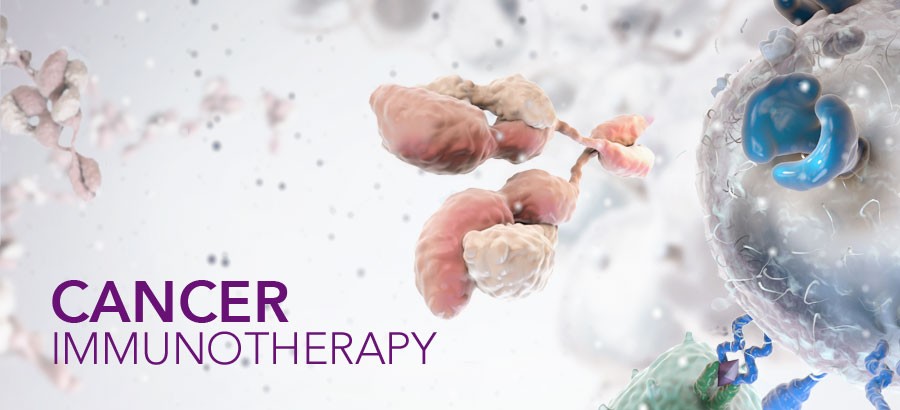현재 위치:홈 > 뉴스현황 > Press Events > Epigenetic Reprogram...
저자: 업로드:2017-06-29 조회수:
Even when immunotherapy “takes the brakes off” a cancer patient’s immune cells, these cells may remain stuck in neutral, or they may act as though they are out of gas, exhausted. Immunotherapy, then, may need to rejuvenate immune cells, specifically T cells, in addition to taking the brakes off via checkpoint blockade. That’s the idea behind recent work accomplished by scientists based at St. Jude Children’s Research Hospital.
Working with preclinical models, these scientists have discovered how T cells become exhausted, unable to do their jobs of attacking invaders, such as cancer cells or viruses. The finding is important because patients treated with immunotherapies against cancers are often nonresponsive or experience a relapse of their disease. Such immunotherapy failures, it has been suggested, may be due to T-cell exhaustion.

The St. Jude scientists, led by Ben Youngblood, Ph.D., explored the mechanism by which both viral infection and a tumor caused T-cell exhaustion. They found the culprit was a so-called epigenetic program that repressed the T cells' ability to respond to tumor antigens. Moreover, the scientists determined that a chemotherapy drug already in use can reverse epigenetically mediated exhaustion.
Details appeared June 22 in the journal Cell, in an article entitled “De Novo Epigenetic Programs Inhibit PD-1 Blockade-Mediated T Cell Rejuvenation.” According to this article, blocking de novo DNA methylation in activated CD8 T cells allows them to retain their effector functions despite chronic stimulation during a persistent viral infection.
“Whole-genome bisulfite sequencing of antigen-specific murine CD8 T cells at the effector and exhaustion stages of an immune response identified progressively acquired heritable de novo methylation programs that restrict T cell expansion and clonal diversity during PD-1 [programmed cell death protein 1] blockade treatment,” wrote the article’s authors. “Moreover, these exhaustion-associated DNA-methylation programs were acquired in tumor-infiltrating PD-1hi CD8 T cells, and approaches to reverse these programs improved T cell responses and tumor control during ICB [immune-checkpoint blockade].”
These findings offer a new pathway to more powerful and durable immunotherapies, as well as immune therapies for viruses such as HIV that would marshal the immune system to kill the virus, researchers said.
"The clinical significance of T-cell exhaustion is huge, because when a person comes into the clinic with a tumor, it is likely they have had it